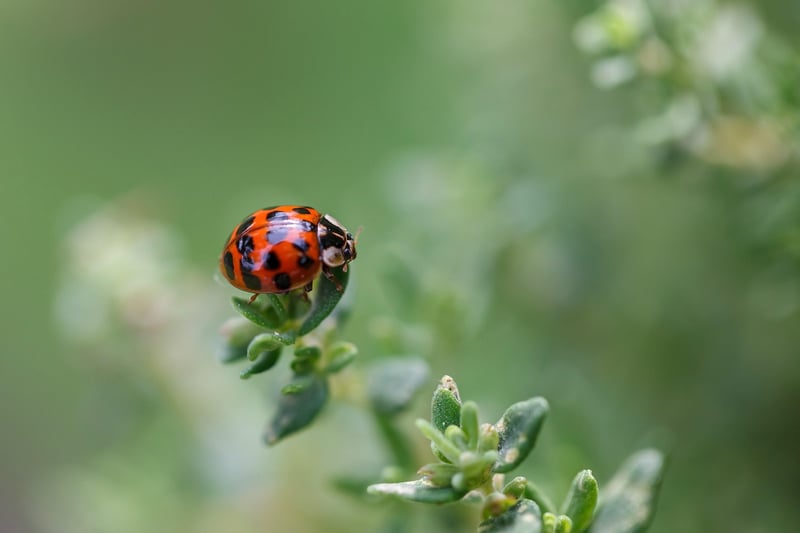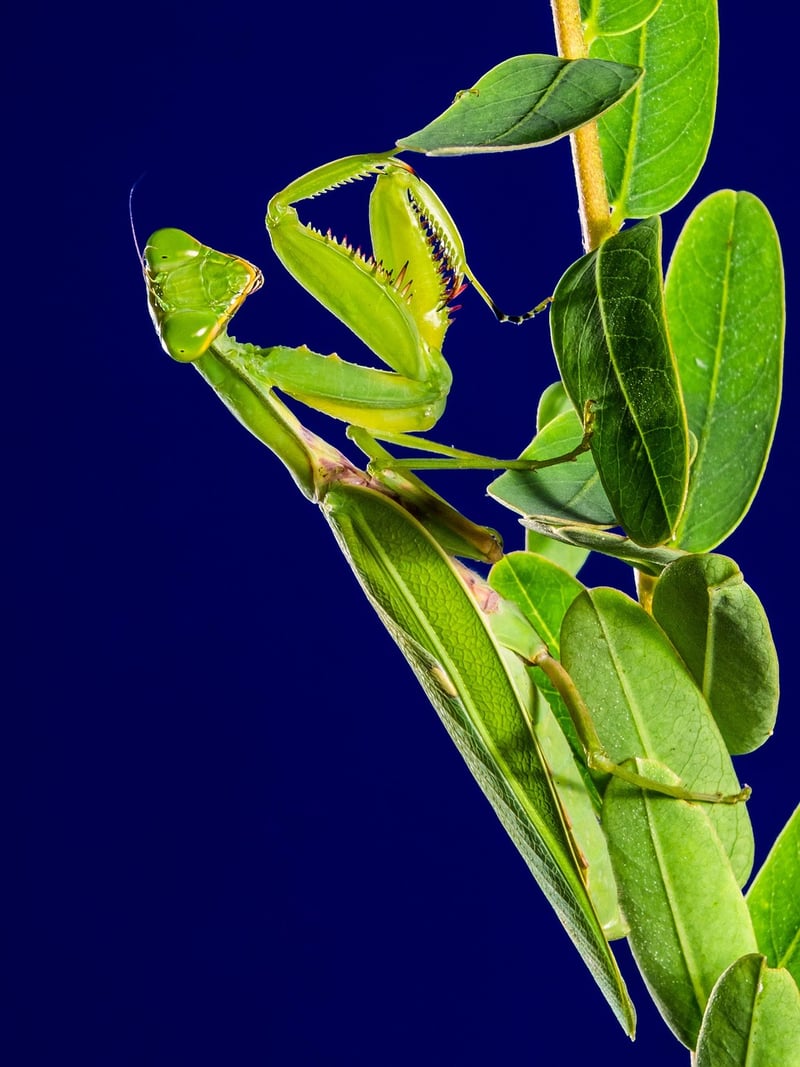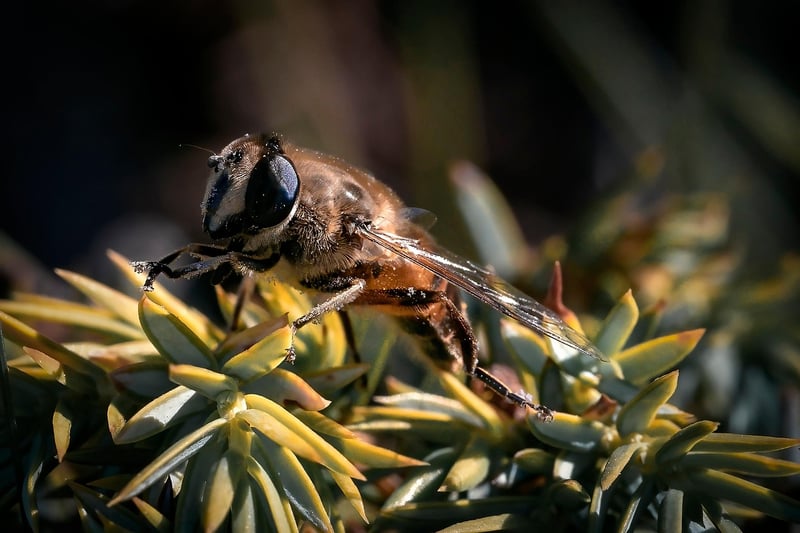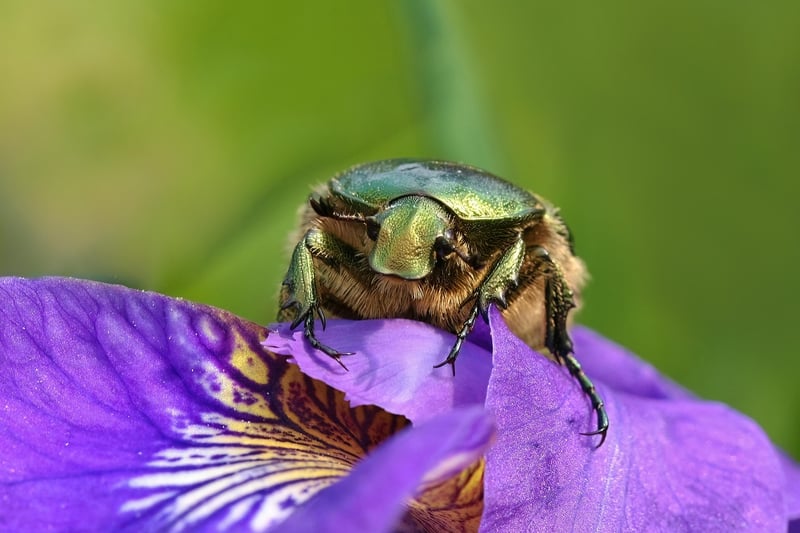Beneficial Insects
Managing Garden Pests Organically
Introduction
Keeping your garden free of pests is essential for plant health and productivity. While chemical pesticides can be effective, they can also harm beneficial insects and pollute the environment. Opting for organic pest control methods not only protects the ecosystem but also promotes a healthy and thriving garden.
Identifying Common Garden Pests
Before implementing pest control measures, it's crucial to identify the pests in your garden. Common garden pests include aphids, caterpillars, slugs, snails, and spider mites. Knowing the specific pests you are dealing with will help you choose the most effective control methods.
Organic Pest Control Methods
- Handpicking: Remove pests like caterpillars and beetles by hand and drop them into a bucket of soapy water.
- Neem Oil: Use neem oil spray to deter a wide range of pests while being safe for beneficial insects.
- Diatomaceous Earth: Sprinkle diatomaceous earth around plants to control pests like slugs and snails.
- Companion Planting: Planting pest-repelling plants like marigolds and basil alongside susceptible plants can help deter pests.
- Beneficial Insects: Introduce beneficial insects that prey on garden pests to establish a natural balance.
Beneficial Insects for Pest Control
Beneficial insects are a natural and sustainable way to control garden pests. By attracting these insects to your garden, you can reduce the need for chemical interventions. Some common beneficial insects include:
- Ladybugs: Ladybugs feed on aphids, mealybugs, and other soft-bodied pests.
- Praying Mantis: Praying mantises are voracious predators that feed on a variety of garden pests.
- Lacewings: Lacewing larvae consume aphids, caterpillars, and other small insects.
- Hoverflies: Hoverfly larvae eat aphids, thrips, and other soft-bodied pests.
- Ground Beetles: Ground beetles prey on slugs, snails, and other ground-dwelling pests.
Conclusion
By implementing organic pest control methods and attracting beneficial insects to your garden, you can effectively manage pests while maintaining a healthy and sustainable ecosystem. Embracing these natural solutions not only protects your plants but also contributes to a thriving and biodiverse garden.





